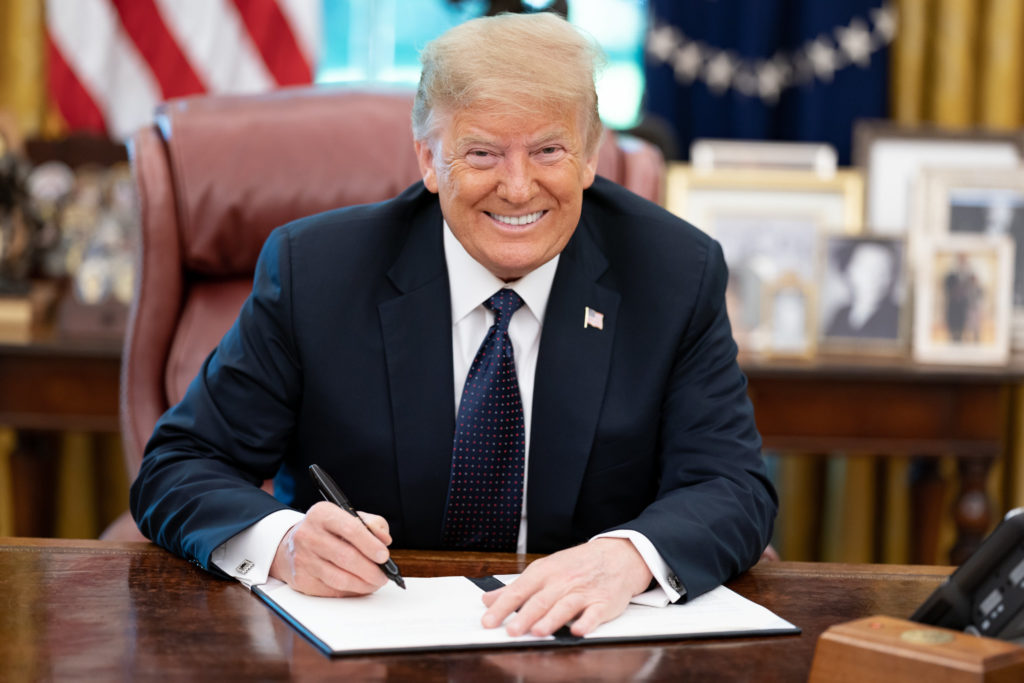
On his or her way out of office, a UK Prime Minister will often send a small group of allies to the House of Lords.
On his way out of office, a US President will let a bigger group out of jail!
The ability to issue a pardon for a federal crime is one of the features of US Politics which can seem odd or illogical. Why is it that this person can, despite legal cases which have lasted years, get rid of a sentence with a stroke of a pen?
Yet the power to pardon, and pardon for a wide range of crimes, is one which Presidents don’t hesitate to use.
The power isn’t new. Appearing in Article II Section 2 of the Constitution, it provides considerable latitude to a President who wants to use it. (Governors also have this power for State crimes, varying considerably in their willingness to use it)
The reason pardoning season often comes round just before an exit is that the President is running out of time and so needs to get all the papers signed at once. It is also often in a President’s interest to delay action. After all loyalty, or silence, are more likely from someone hoping for a reward.
Perhaps the most controversial pardon, albeit not one of those in the final days of a Presidency, was that by Gerald Ford of Richard Nixon. But more modern controversies have included the sheer size of Bill Clinton’s list in the last day of his final term – a list which included some of those caught up in the earlier Whitewater scandal.
It is possible to pardon categories of individuals, as Jimmy Carter did when pardoning those who had dodged the Vietnam draft.
And the President can also commute a sentence, as Obama did at the end of his term of office for whistleblower Chelsea Manning.
It is possible to pardon someone who has not yet been convicted. This prevents the legal process continuing. It is completely a “get out of jail free” card though. No President can pardon someone for offences not yet carried out.
For those who have suffered injustice, these Presidential powers can be a way of righting wrongs. And we know that campaign organisations sometimes lobby for action on individual cases. It is possible then for an individual President, through these decisions, to send a clear message about certain types of justice.
And as this is often a final action, a pardon list forms a part of Presidential legacy in a way which can overshadow other aspects.
So Donald Trump can use his last-minute decisions to right wrongs, to make a clear statement or to reward supporters. We’ll know very soon.
PS: For those who want to understand more about this odd feature of US Politics I recommend the Brookings Institution.
Paula Keaveney is Senior Lecturer in Politics at Edge Hill University and leads a module on US Politics.
Photo by Shealah Craighead
